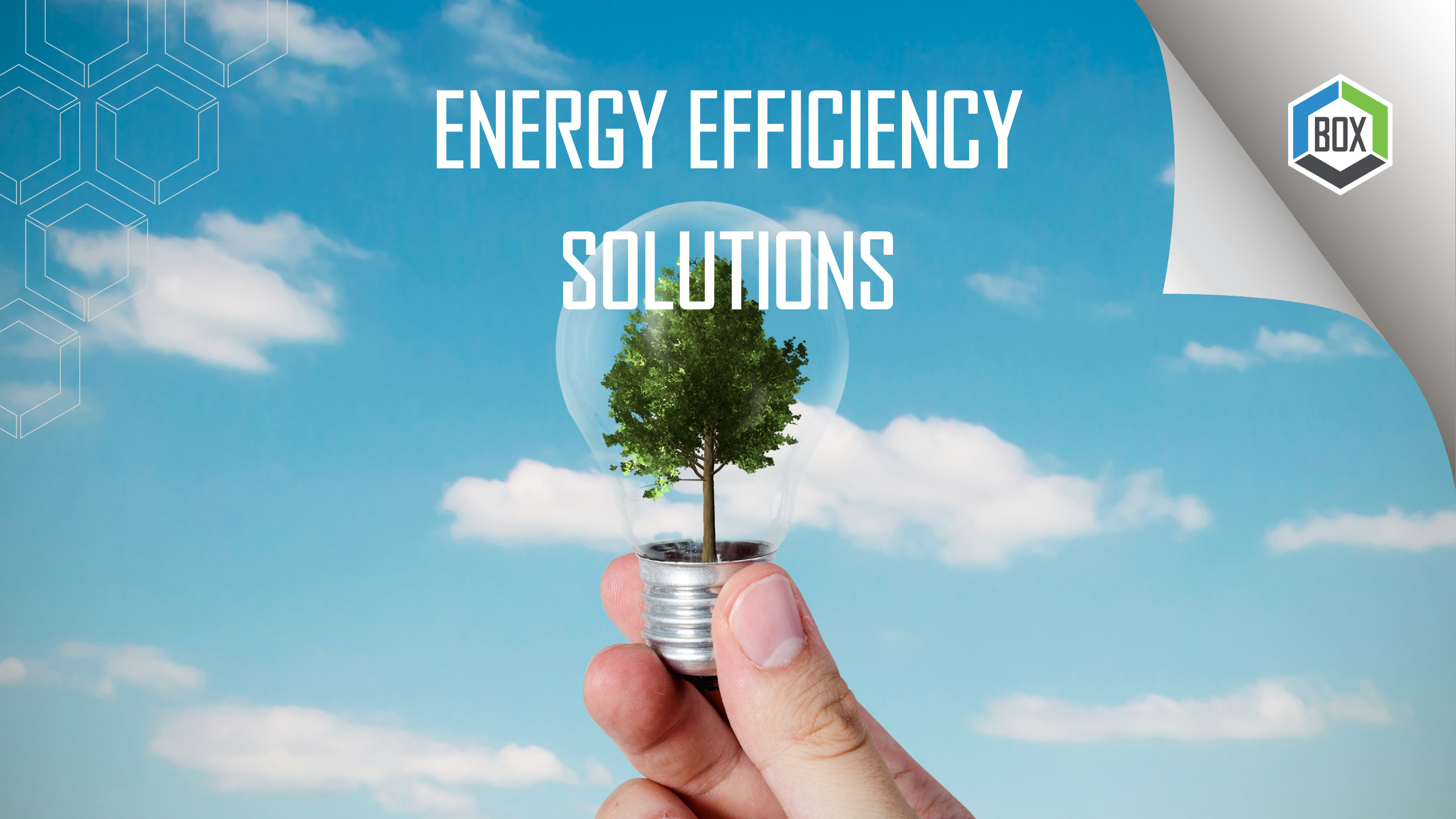Maximizing Savings and Sustainability
In today’s rapidly evolving business landscape, energy efficiency has become a critical priority for organizations seeking to reduce costs, minimize environmental impact, and enhance sustainability. By implementing energy efficiency solutions, businesses can not only lower their energy consumption and operational expenses but also contribute to a greener future. In this blog post, we’ll explore the importance of energy efficiency, key strategies for maximizing savings, and the benefits of embracing sustainability initiatives.
The Importance of Energy Efficiency:
- Cost Savings: Energy-efficient technologies and practices help businesses reduce their energy consumption, resulting in lower utility bills and operational expenses. By investing in energy efficiency, businesses can achieve significant cost savings over the long term.
- Environmental Impact: Energy production and consumption are major contributors to greenhouse gas emissions and climate change. By improving energy efficiency, businesses can reduce their carbon footprint and mitigate environmental impact, contributing to global efforts to combat climate change.
- Regulatory Compliance: Many governments and regulatory bodies have implemented energy efficiency standards and initiatives to promote sustainability and reduce energy consumption. Compliance with these regulations not only avoids potential penalties but also enhances corporate reputation and credibility.
- Resource Conservation: Energy efficiency solutions help businesses optimize resource utilization and minimize waste, leading to greater resource conservation and efficiency. By adopting sustainable practices, businesses can contribute to the conservation of natural resources and support a more sustainable future for generations to come.
Key Strategies for Maximizing Savings:
- Energy Audits: Conducting energy audits allows businesses to identify areas of inefficiency and opportunities for improvement. By assessing energy usage patterns, equipment performance, and building systems, businesses can develop targeted strategies to optimize energy efficiency and reduce waste.
- Energy-Efficient Technologies: Investing in energy-efficient technologies, such as LED lighting, HVAC systems, and smart building controls, can significantly reduce energy consumption and operational costs. By upgrading outdated equipment and implementing advanced technologies, businesses can enhance efficiency and maximize savings.
- Behavioral Changes: Employee engagement and behavior play a crucial role in energy efficiency. Educating staff about energy-saving practices, encouraging conservation behaviors, and implementing energy management policies can help create a culture of sustainability within the organization.
- Renewable Energy Integration: Incorporating renewable energy sources, such as solar, wind, and biomass, into the energy mix can further enhance energy efficiency and sustainability. By generating clean, renewable energy on-site or purchasing renewable energy credits, businesses can reduce reliance on fossil fuels and decrease environmental impact.
Benefits of Embracing Sustainability Initiatives:
- Competitive Advantage: Businesses that demonstrate a commitment to sustainability and energy efficiency gain a competitive edge in the marketplace. Sustainability initiatives can attract environmentally conscious customers, investors, and partners, enhancing brand reputation and differentiation.
- Cost Reduction: Energy efficiency solutions not only lower utility bills but also reduce operational expenses, maintenance costs, and downtime. By optimizing resource utilization and minimizing waste, businesses can improve profitability and financial performance.
- Resilience and Risk Mitigation: Energy efficiency and sustainability initiatives help businesses build resilience against energy price volatility, supply chain disruptions, and regulatory changes. By diversifying energy sources, reducing dependence on finite resources, and embracing sustainable practices, businesses can mitigate risks and adapt to changing market conditions.
Energy efficiency solutions are essential for businesses seeking to maximize savings, enhance sustainability, and achieve long-term success in today’s competitive business environment. By prioritizing energy efficiency, investing in sustainable technologies, and embracing sustainability initiatives, businesses can lower operational costs, reduce environmental impact, and position themselves for a more resilient and sustainable future. As stewards of the environment and leaders in their respective industries, businesses play a crucial role in driving positive change and shaping a more sustainable world for generations to come.






